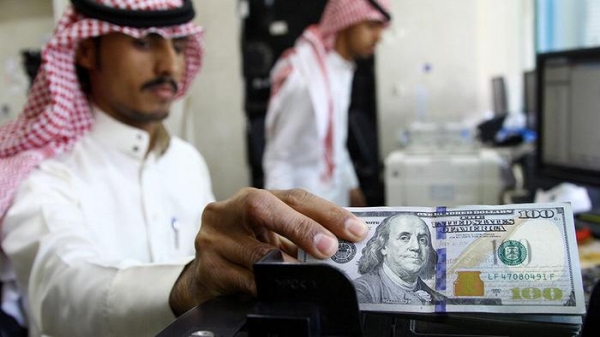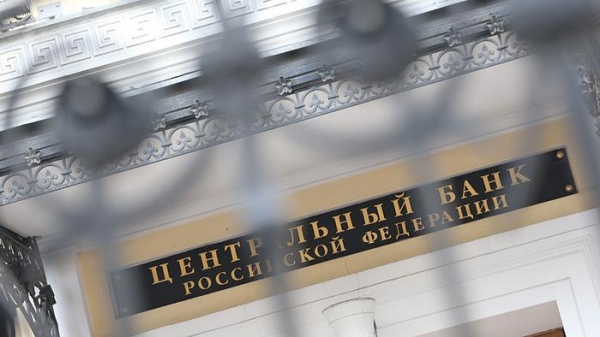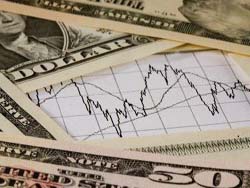Product Where Ayzatulov
 Faisal Al Nasser/Reuters
Faisal Al Nasser/Reuters
The consequences of falling oil prices reached States in the Middle East: the government reduce the salaries of civil servants, and Central Bank of Saudi Arabia said about the need for more support to the economy. The regulator plans to pour into the country’s banking system about $5.3 billion.
The Central Bank of Saudi Arabia has declared intention to place in the banks 20 billion riyals ($5.3 billion) and to introduce two new tools to maintain financial stability in conditions of low oil prices, reports The Economic Times. Saudi Central Bank “on behalf of the government” is going to place these funds in the form of deposits with commercial banks in the country, and enter the REPO at 7 and 28 days. Usually, the Central Bank of Saudi Arabia used a one-day agreement.
Placement of deposits — is not the first measure of the Saudi Central Bank to mitigate the financial crisis: in June of this year the regulator has issued short-term loans of 15 billion riyals ($4 billion) to offset the limitation of liquidity.
The problems of the economy connected with the global trends in oil production, so Saudi Arabia, initially the former initiated talks on the freezing of production, later abandoned this idea, as it was not supported by Iran.
Sharp decline in petrodollars flow had a negative impact on public revenues of Arab countries in General.
Arabian princes even went on reduction of expenses on the maintenance of the state apparatus. The authorities announced a 20-percent reduction of salaries of Ministers. In addition, Ministers were deprived of compensation for use of personal phone numbers. Power also 15% cut in benefits, members of Parliament, reduced the holidays of civil servants and set a limit on overtime.
The total volume of deposits in local commercial banks, which is continuously growing for several years, in July decreased by 3.3% year-on-year.
This decline worsened the liquidity of the banking system and led to the increase in rates over the last 15 months interbank offered rate on the Deposit market grew by more than 1.5 percentage points and now exceed 2.2%.
This, in turn, threatens the ability of banks to lend to the private sector at an affordable level, and so banks increase the cost of borrowing for the government, which each month sells commercial organizations bonds for financing of large budget deficits. Since the beginning of this year, the regulator is struggling to slow growth rates, reducing the sale of promissory notes to banks. Since the second quarter he helps the needy in long-term deposits to banks, giving them the deposits or loans at low interest rates, but before this activity is tried to keep secret, the sources said Reuters. The disclosure of this information, on 25 September, probably intended to make the management of the country’s finances more transparent and predictable, which should alleviate concerns of investors.
Experts expect that by the end of 2016, the pressure on the Central Bank of Saudi Arabia in connection with the need to raise rates may increase if the tightening of monetary policy will come to the United States.
It is unlikely that Janet Yellen decides to talk about raising the key rate at the meeting of the Federal reserve system 2 (as it will be held almost simultaneously with the presidential election in the US), but a little later, on December 14, it can still happen.
However, some Saudi participants of the market believe that even under this scenario, the regulator may take extreme measures to contain the rates, for example, will lower the bar minimum or reserve will ease lending requirements. In the Sunday statement, the Central Bank said that the banking system of Saudi Arabia is still healthy, noting that the share of non-performing loans is just 1.3% of total loans.
The budget deficit for Saudi Arabia in 2015 reached $100 billion.








